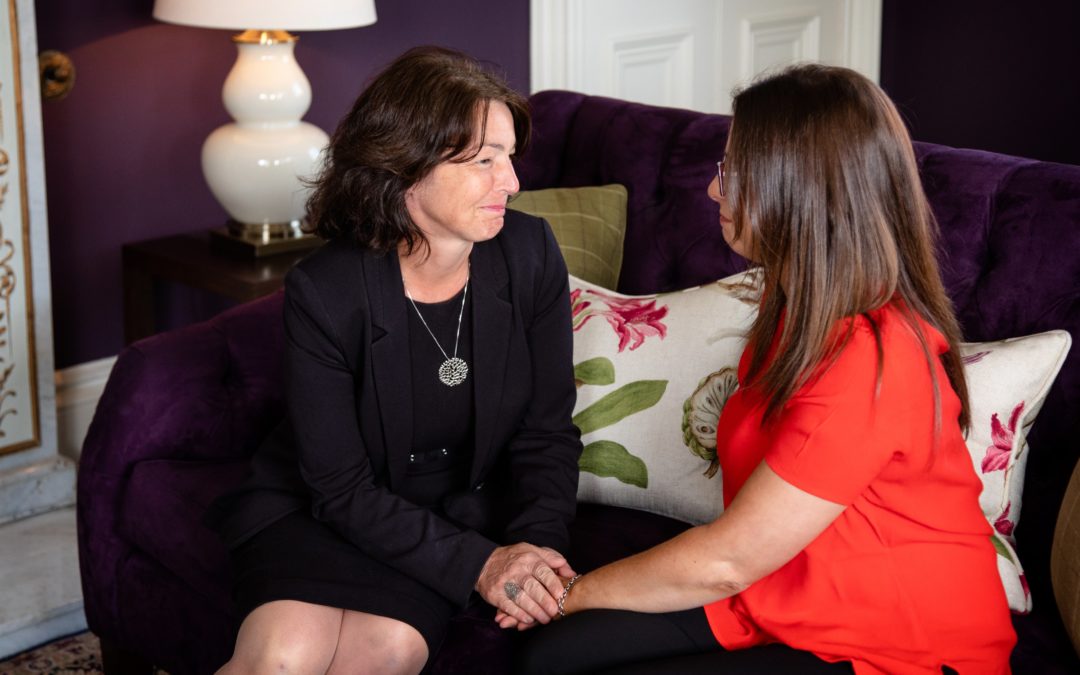What happens if it’s not clear who should, and can, make funeral arrangements?
Responsibility for arranging a funeral usually falls to a spouse or immediate family member. It’s common for a named person in a will or a death declaration to be nominated and in some cases, it can fall to a neutral party be that a lawyer, executor or local authority depending on the circumstances. Having a legal clarification removes any ambiguity and places a clear responsibility on those of us that arrange funerals. Here’s a summary of the official order.
For adult cremation applications, where the deceased nominated a named person in a death declaration or a will, this person is the starting point. In the absence of this nomination or if the nominee does not wish to make the application, the hierarchy for legal authorisation is:
- Spouse or civil partner
- Partner (who has been living with the deceased for a minimum of 6 months)
- Child
- Parent
- Brother or sister
- Grandparent
- Grandchild
- Aunt or Uncle
- Cousin
- Niece or Nephew
- Friend of long-standing
For children:
- Parent or person with parental rights and responsibilities but who is not the local authority
- Brother or sister (over 16)
- Grandparent
- Aunt or Uncle (over 16)
- Cousin (over 16)
- Niece or Nephew (over 16)
- Friend of long-standing (over 16)
It’s rare that disputes arise but in the event there is a disagreement over who has authority, particularly among equals, further legal advice may be required.
In our experience, setting out your wishes in a plan, including who you want to act as a principle, is the best way to ensure you have the funeral you want. It also offers the added bonus of removing the burden of decision making from loved ones at a difficult time when emotions run high.
A free plan service is available from our home page (Record a Plan) or give us a call and we can guide you through the process.



